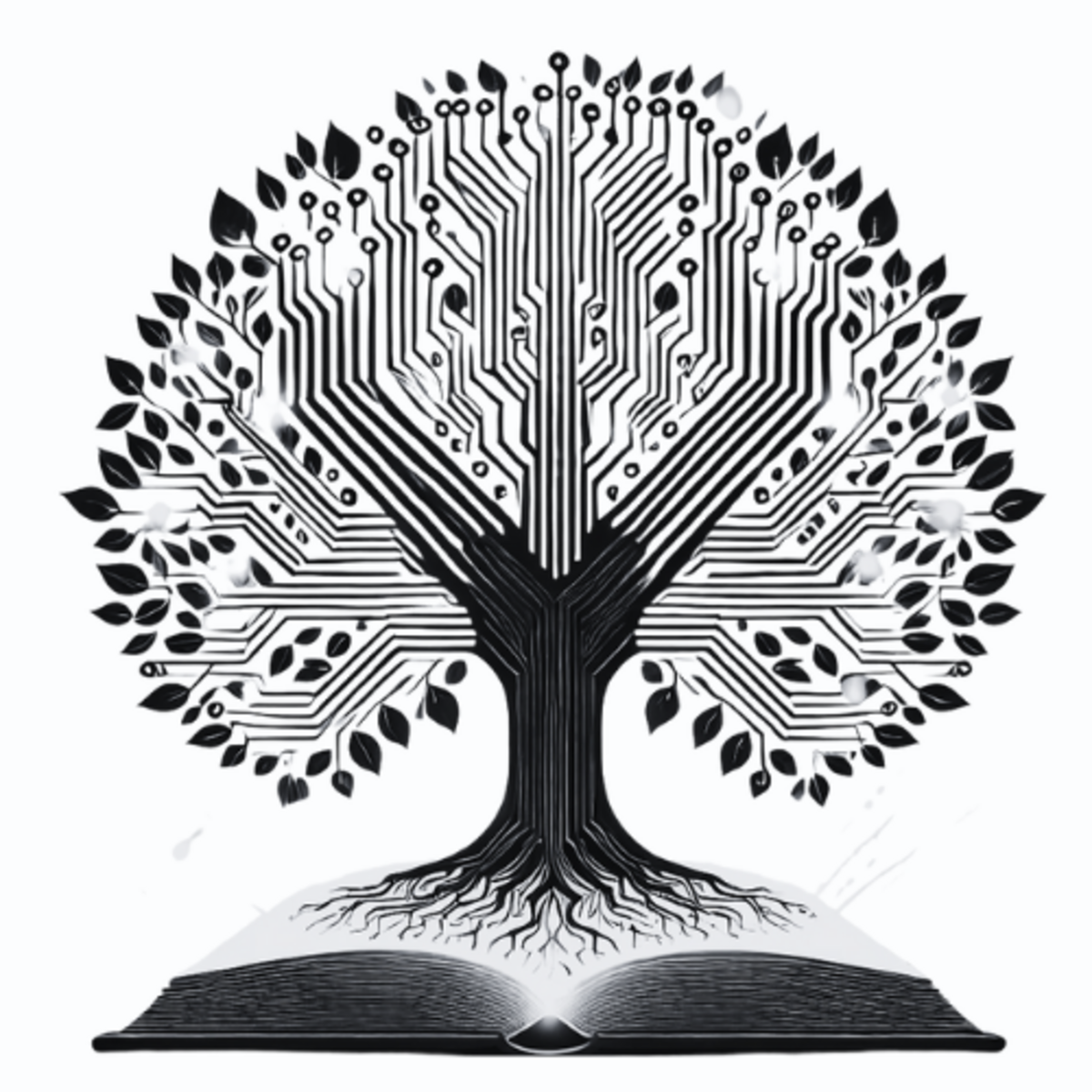As the saying goes, “All roads lead to Rome.”
We forget that we carry our personal Rome around in our heads. How we use technology isn’t doing us any favors either. These days, it’s called the Google Effect AKA “digital amnesia”, but it’s as old as humanity itself. If we know where we can find something, we’ll just remember the location.
That tendency extends into the digital realm in the 21st century. Our keys. Our phones. Our wallets…these are the things that we can readily displace around the house in the hectic chaos of parenting, cooking, or other preoccupations.
Wait, where is my wallet?
Anyway, you don’t need to remember something if you know how to find it, right? If you can derive mathematical concepts like the quadratic formula or physical ones like Maxwell’s equations, then you don’t have to memorize them.
But that’s not what I’m talking about here.
We’ve reached a point in our lives where learning itself is becoming seen as more of an option than a requirement. Rote memorization often leads to internalization, and with the advent of the internet, cloud computing, and AI, information is no longer seen as precious or even relevant. Virality and capturing attention is all that is required.
The danger in relying on all this wonderous technology is the convenience and the accessibility of it. The heavy lifting gets increasingly outsourced to our devices as we gradually lose the ability to ideate, calculate, or create.
Life doesn’t come with a manual, but it’s become possible to treat it that way with steadily decreasing risk and consequence.
There’s nothing inherently wrong with using the tools at our disposal, but there is always a trade-off when we do. Remember the first time you used a calculator or, more recently, entered or dictated a prompt into your phone? Instant gratification at your fingertips. Easily gained and easily discarded.
The danger lies not in the use, but in the atrophy of our abilities.
The Siren call
Even as I am writing this article, there’s a small part of me that wonders if it would’ve been easier just to ask ChatGPT to generate a draft for me to edit and inject my own personal experiences instead of doing the legwork and typing this out. I feel a small amount of guilt for not writing it out by hand as much as I used to.
I know it could be much easier, and that’s the problem.
Would I still be considered the “author” of this article? Sure, the inspiration for it came from me, but there is a big difference between being the source of the idea and the source of the content. There is a continuum along that argument for the adoption of AI, but there’s a risk that the dependence can grow over time.
Next thing you know, you will hesitate to write from scratch because it was just so much easier to let AI do the first step. That blank page or monitor stares back and becomes more menacing and desolate as you sit there wondering where all your inspiration went.
One day, you may discover that you are coming up with ideas and editing almost entirely from the results provided from prompting. The thought of doing anything beyond that fills you with a certain amount of dread, embarrassment, and, dare I say it, shame.
We’re all susceptible to the siren call of ease and convenience. We’re only human. If there’s an easier way to do something to get what we want, we lose no time in taking advantage of it. Infinite gain for zero effort is the holy grail, and it’s why technology advances. We are wired for survival, and everything we’ve invented has been for this purpose.
The irony is that now that drive has the potential to cripple us.
So what do we do?
Choose your personal LLM
Just because you can, doesn’t mean you should.
AGI may be just around the corner or decades from its emergence. Either way, your mind is the only thing that you can truly rely on because it’s a part of you. If you were dropped into the middle of a forest with nothing more than the clothes on your back, how capable would you be?
Perhaps that’s an extreme example, but it’s one that highlights a test of resilience, resourcefulness, and the ability to think clearly and have good judgment. What would your chances of survival be? Certainly with a phone and a solid signal, the possibility of rescue increases to almost being guaranteed.
Internalization is never going to be a poor choice. If there’s something that you do often, then it’s a task that is certainly worth mastering without having to prompt, search, or otherwise derive with a device.
Cooking is a great example of this perspective.
How many times do you have to use a recipe before you memorize it? On average, five to seven repetitions has been the “sticky” numbers for spaced repetition. A 1% rate everyday for a year results in a 38X improvement. This also happens to be the number of attempts a baby goes through when it learns to walk.
Yes, this is still slower than just grabbing your phone. The short-term benefits and the “just-in-time” mentality have their place, but defaulting on this all the time can have long-term consequences. Your body and mind are amazing biological miracles evolved to do amazing things including efficiency and optimization features.
If you don’t use it, you lose it.
Skip leg day enough, and you’ll find yourself huffing and puffing the next time you take the stairs rather than the elevator.
Opt to store it in your phone, and you’ll struggle to remember the name of that store you wanted to check out.
The next time you have a choice between outsourcing it to tech and doing it yourself, consider sucking it up and giving your brain a little workout. See if you can memorize the directions to that park or the grocery list. You might be unpleasantly horrified by the initial results, but it’s all part of the process.
You might be surprised at how quickly your brain adapts.
When was the last time you learned about something and kept it in your head?



